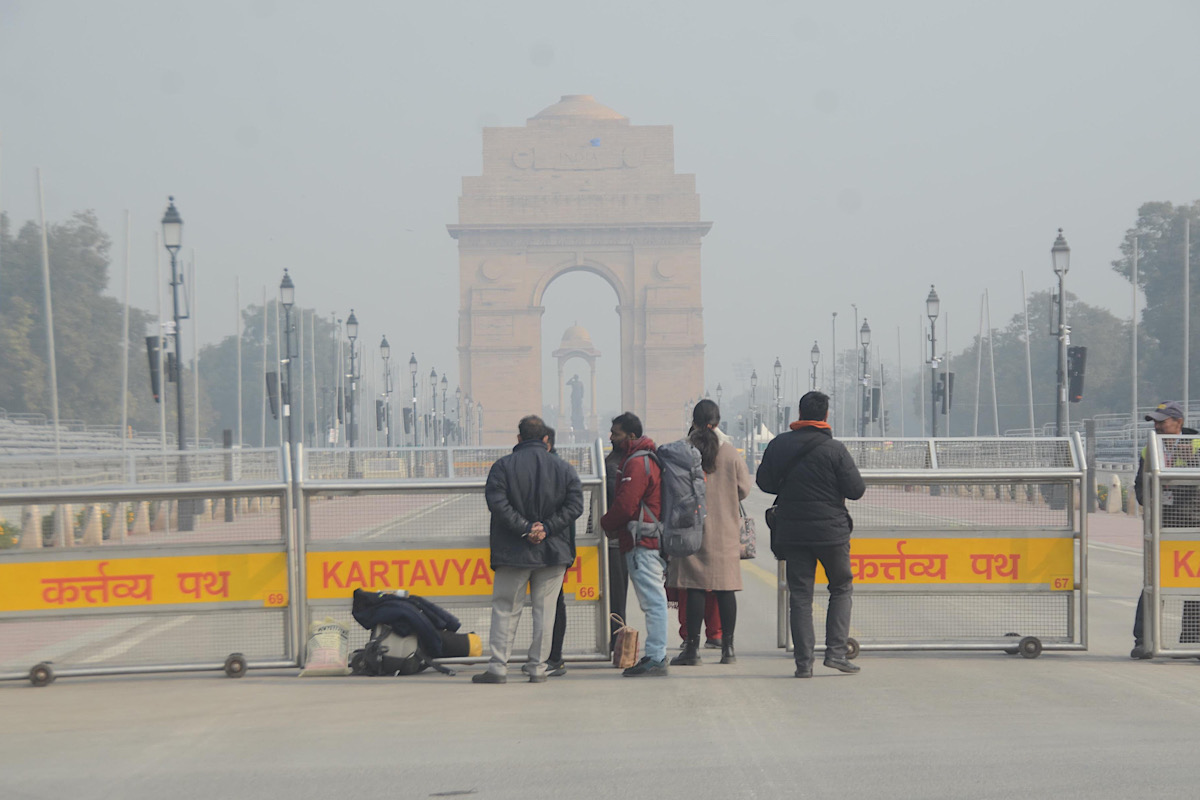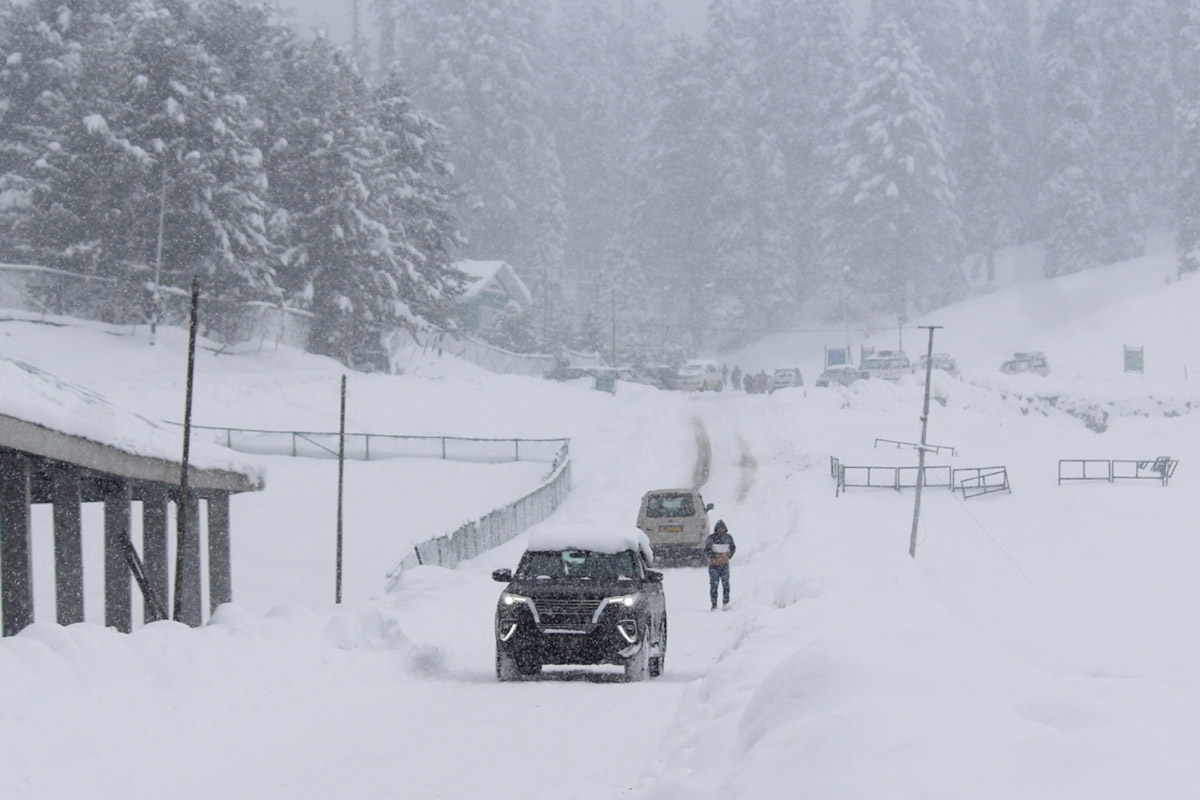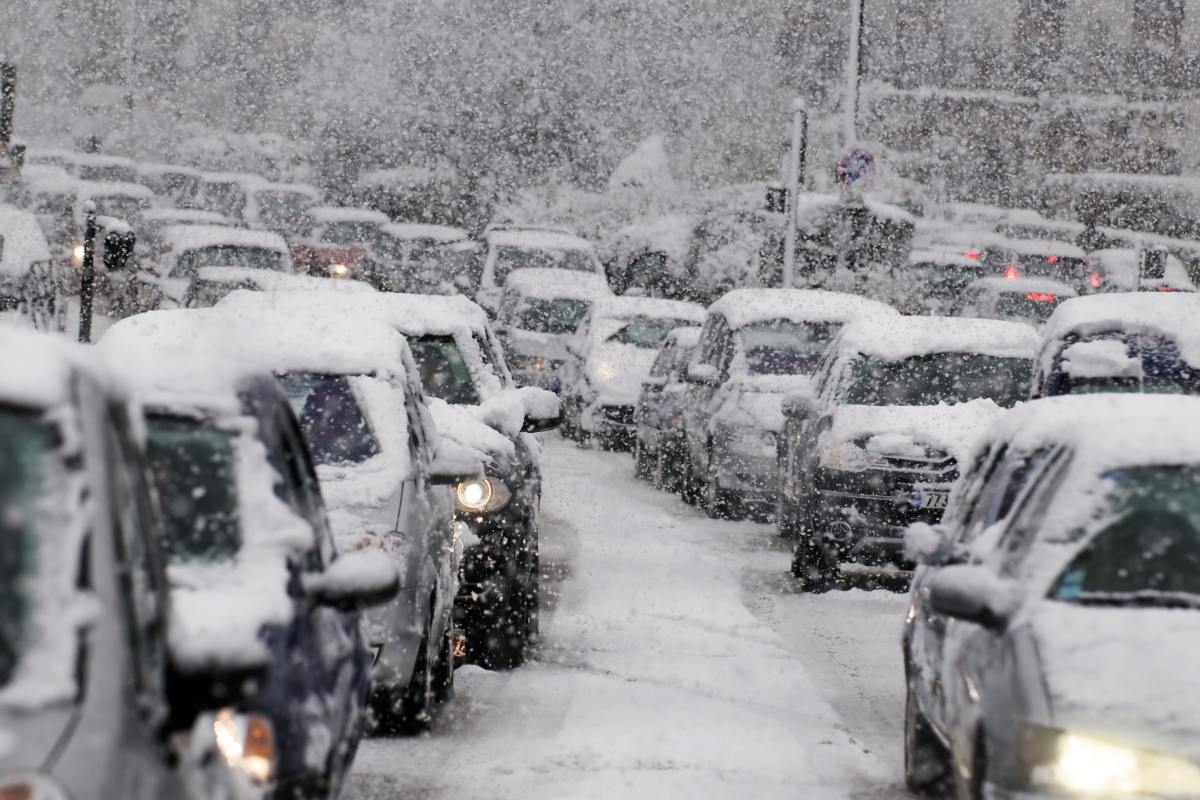Rainfall to intensify across Bengal from Thursday: IMD
Weather conditions in West Bengal showed signs of temporary improvement on Wednesday following the departure of a low-pressure system from the region. However, the India Meteorological Department (IMD) has forecast renewed rainfall activity across the state from Thursday















